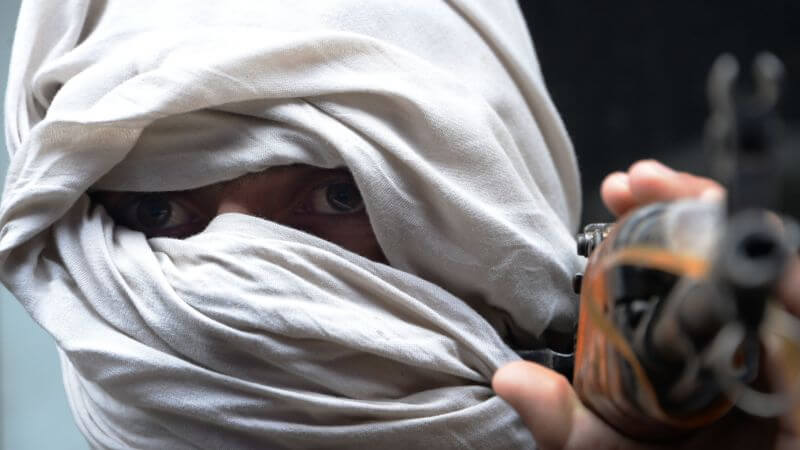Over the weekend, fresh details emerged from a United Nations (U.N.) Security Council report released in late January, uncovering a resurgence of the Al-Qaeda terrorist group in Afghanistan under the governance of the Taliban. The resurgence involves the establishment of eight additional training camps and five madrasas, Islamic educational institutions, across the nation.
According to the report, Al-Qaeda training facilities are now in Ghazni, Laghman, Parwan, and Uruzgan provinces. Additionally, it outlined locations utilized by Al-Qaeda for the transit of its members to and from neighboring Iran. The report also highlighted the creation of a fresh storage facility for weapons in the Panjshir Valley, north of the capital city, Kabul.
"The group maintains safe houses to facilitate the movement between Afghanistan and the Islamic Republic of Iran in the provinces of Herat, Farah, and Helmand, with additional safe house locations in Kabul," the Security Council's report read.
According to the report, training facilities for suicide bombers affiliated with Tehreek-e-Taliban Pakistan have been established within Kunar Province.
Speaking to The Media Line, Silvia Boltuc, managing director and founder of Special Eurasia, a geopolitical and business intelligence platform, said that there has "been a notable escalation in terrorist attacks, from roadside and suicide bombs to rocket and mortar fire, direct fire, kidnappings, and violent crimes."
Boltuc mentioned that the Islamic State Khorasan Province, a local offshoot of the radical Islamic State (ISL) organization, has participated in persistent conflicts aimed at ethnic minority communities and governmental institutions. Additionally, various extremist factions like Tehreek-e-Taliban Pakistan and its splinter group Jamaat-ul-Ahrar have been operational within the nation.
Shahin Modarres, an associate fellow at the Center for Middle East and Global Order, told The Media Line that Al-Qaeda's possible inclination towards setting up bases in Iran demonstrates a strategic analysis directed towards bolstering its operational capacities and broadening its influence beyond Afghanistan.
Modarres noted that having footholds in Iran could fulfill various objectives for Al-Qaeda. Such actions aid in the mobility of agents, tapping into resources and support structures, and establishing a footing in an area of considerable strategic importance, Modarress added.
Following the withdrawal of American forces from Afghanistan in August 2021, the Taliban have reinstated strict Sharia Islamic law against the Afghan people, undoing many of the rights Afghan women once had and punishing Afghan civilians who helped American forces following the invasion of Afghanistan in 2001.
Related Story: House Foreign Affairs Republicans Warn of ‘Reconstitution’ of Al Qaeda, ISIS-K in Afghanistan









